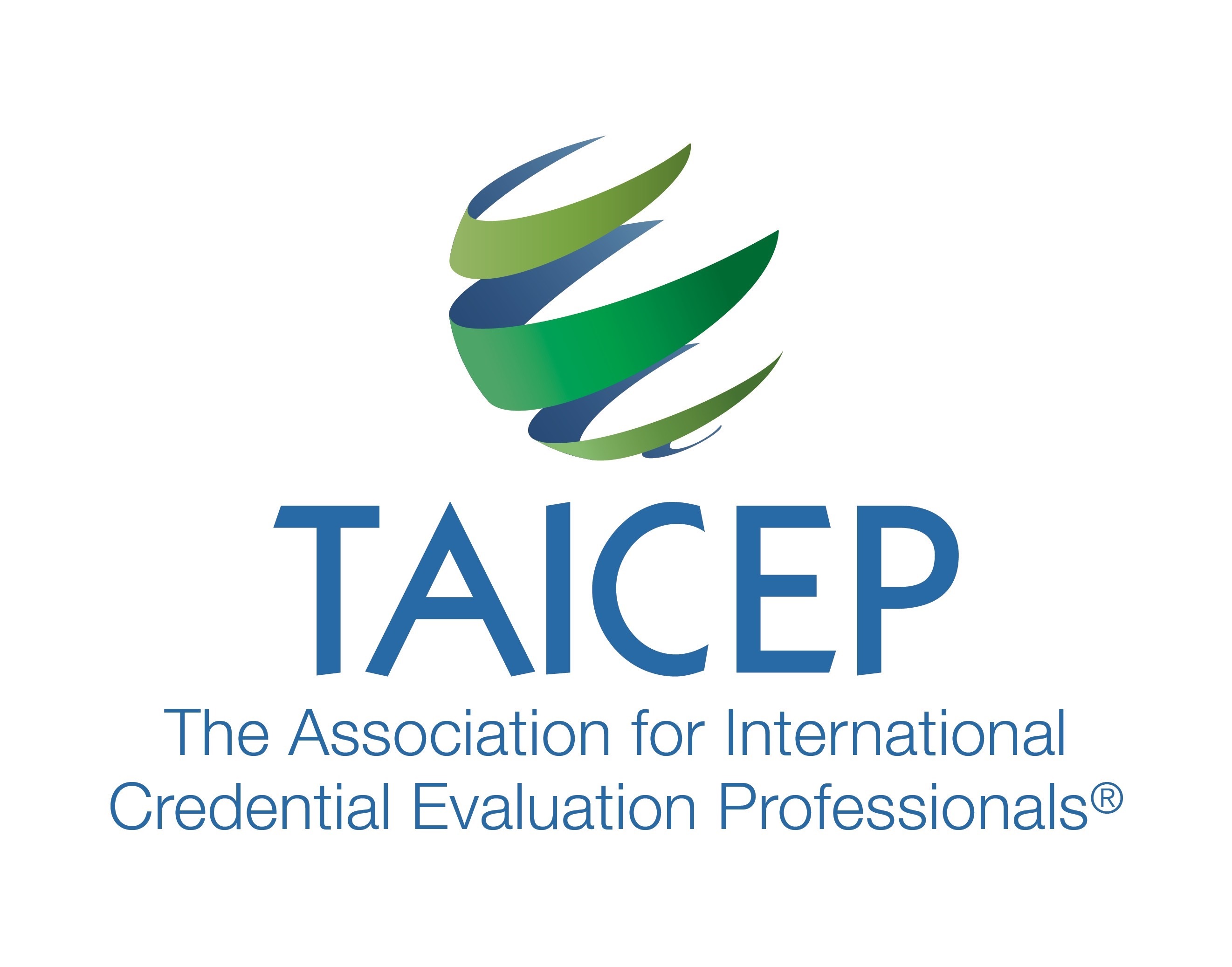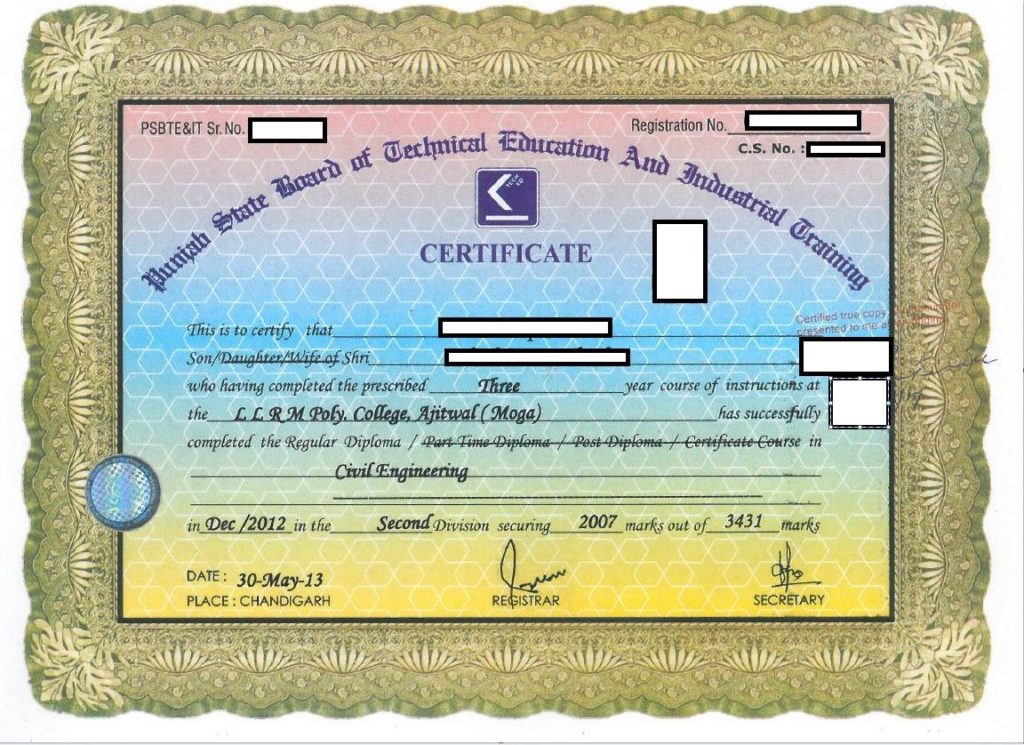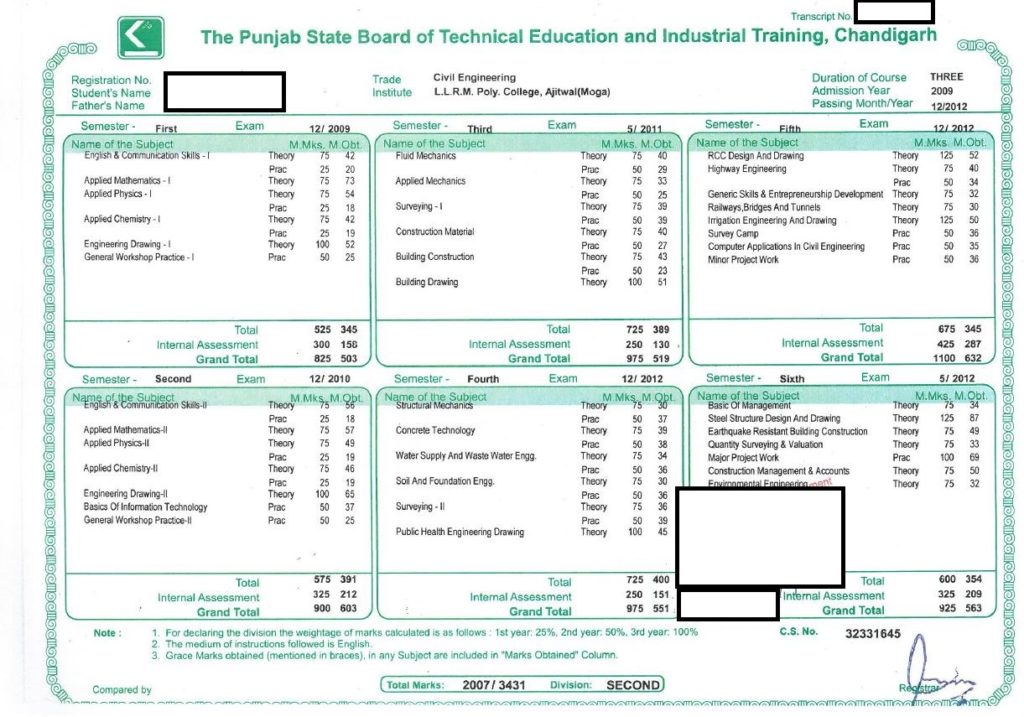Written by: Zubin Unwala, International Qualifications Evaluator, New Zealand Qualifications Authority
Background on statutory authority
The All India Council of Technical Education (AICTE) is the statutory body responsible for development, regulation, and maintenance of norms and standards in technical education in India. Diplomas awarded by respective State Boards for Technical Education fall under purview of the AICTE.
Link for AICTE: https://www.aicte-india.org/
Link for State Boards for Technical Education under the AICTE: https://www.aicte-india.org/education/institutions/Board-of-Technical-Education
Entry requirements
The most common type of diploma in the technical field, as awarded by State Boards, is the 10+3 diploma. These are three year diplomas, for which the minimum entry requirement is the formal completion of Year 10 studies (matriculation certificate / secondary certificate). It is to be noted that the Indian Schooling System consists of Primary, Secondary, and Higher Secondary education levels. The Year 10 certificate represents formal completion of the Secondary level. Higher Secondary Certificates, that allow entry into degree level university courses, are awarded after completion of Year 12 studies.
At the discretion of the relevant State Board, ‘lateral entry’ into the second or third year of a three-year diploma is permitted, provided the candidate has completed Year 12 with vocational/technical subjects, or has completed a two-year vocational/technical course at an Industrial Training Institute (ITI) after completion of Year 10.
Mode of Study
Study is completed at polytechnics affiliated to their respective State Boards of Technical Education. These polytechnics may be of public or private ownership. Study for three-year diplomas is usually completed over six semesters. This study consists of theoretical and practical units completed at the study institute as well as external industrial training in some cases.
If an award certificate lists a diploma that was awarded by a polytechnic directly, as opposed to the State Boards of Technical Education, the credential evaluator should seek confirmation from the relevant regional office of AICTE on whether the polytechnic is authorised to confer a formal award for the programme of study as a ‘stand-alone’ institution.
Link for AICTE Regional Centres: https://www.aicte-india.org/contact
Progression Rights
Holders of such three-year diplomas are eligible for ‘lateral entry’ into the second year of four-year undergraduate degrees in engineering and technology (in the same technical field as the diploma) offered by universities in India.
Resources:
http://www.old.aicte-india.org/aboutaicte.php
https://www.aicte-india.org/education/institutions/Board-of-Technical-Education
http://mhrd.gov.in/sites/upload_files/mhrd/files/statistics/InSCED2014_1.pdf
https://norric.org/files/education-systems/India-2006.pdf
http://mhrd.gov.in/technical-education-5
Award Certificate Example:
Certificates awarded by the State Boards for Technical Education usually list the following key details:
1) The name of the State Board for Technical Education (in this case, it’s the Punjab State Board),
2) The name of the study institution / polytechnic, where study was completed (in this case the LLRM Polytechnic College, and
3) the type of diploma and course of study (in this case a regular (3 year full time) diploma in Civil Engineering.
Transcript example:
Transcripts awarded by the State Boards for Technical Education will also list key details as in the award certificate, in addition to subjects studied.
Inside this edition:
President’s Welcome -January 2018 Newsletter
Committee Updates -January 2018 Newsletter
Organizational Structure Updates -January 2018 Newsletter
TAICEP Meet Your 2018-2019 Leadership Team -January 2018 Newsletter
Brief Primer on the American Territories -January 2018 Newsletter
Cambridge Advanced Coursework: An Introduction -January 2018 Newsletter
Secondary Credential Overview- Part I -January 2018 Newsletter
European Union General Data Protection Regulation -January 2018 Newsletter
Building a Resource Library, Part III -January 2018 Newsletter
Memoriam to David Millar -January 2018 Newsletter
TAICEP News -January 2018 Newsletter
Add to your Library -January 2018 Newsletter
Recent TAICEP Events January 2018 Newsletter
Upcoming TAICEP Events -January 2018 Newsletter
From the TAICEP Website -January 2018 Newsletter
Notes from the Field -January 2018 Newsletter


